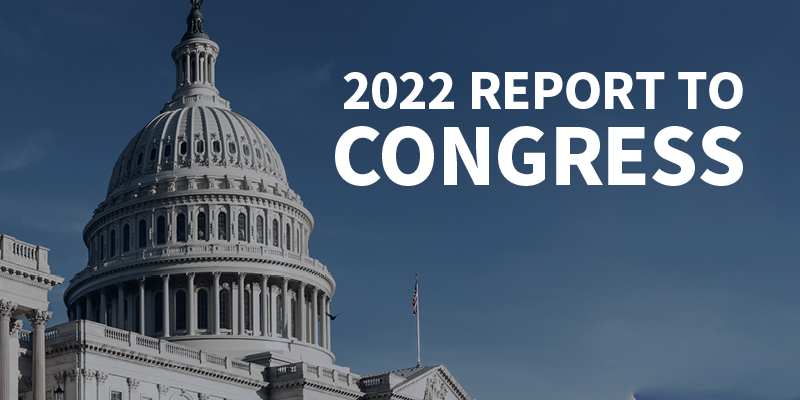
The Department of Labor’s Employee Benefits Security Administration is dedicated to ensuring all Americans have access to mental health and substance use disorder benefits, but this past year we’ve been particularly busy. In fact, we’ve undertaken more mental health parity investigations than we have in previous fiscal years on the parity requirements. This increase is no accident: We’re purposefully ramping up our efforts to ensure everyone gets the mental health and substance use disorder care they are entitled to under the law. As a federal agency tasked with enforcing the mental health parity law, we’re uniquely positioned to help millions of Americans who depend on their health plans for access to these benefits—and we take the responsibility seriously. In short, this means more proactive enforcement than what plans and issuers may have become accustomed to.
The recently passed Consolidated Appropriations Act provided a new, important enforcement tool and additional resources which helps EBSA in our mission to facilitate greater parity in mental health and substance use disorder benefits. All of these efforts are highlighted in a new report to Congress released today. The report summarizes the actions we’ve taken to implement and enforce these new mental health parity requirements and sets the stage for what’s to come in our enforcement program. Key findings from the report include:
There is a greater need than ever for EBSA’s increased enforcement. Plans and issuers are failing to provide parity in their health benefits. Every plan and issuer that EBSA sent a request to initially responded with insufficient information. About one-third of those requests resulted in initial determinations of noncompliance. This is concerning. Each instance of noncompliance means that there are individuals who could have been denied necessary mental health or substance use disorder treatment.
We’re improving our ability to detect problems. The report also covers the changes that EBSA is making to detect and address these potential instances of mental health parity noncompliance. Thanks to the CAA, we were able to implement important changes to help support greater enforcement efforts, including the development of a dedicated task force to lead our enforcement efforts under the CAA.
These efforts help real people get the care they need. All of our work is centered on one goal – to help increase access to mental health and substance use disorder treatment, in line with what people were promised. For example, one family we spoke with couldn’t get their health insurance to fully cover treatment of a child with autism spectrum disorder. The family’s health insurance would cover only a small fraction of the treatment cost, and the parents kept hitting roadblocks when they attempted to resolve the problem. Luckily, we were able to help this family get reimbursement for 40 visits, totaling $20,000.
This is just one example of how EBSA’s work to enforce the law helps individuals with mental health conditions and substance use disorders. Ensuring equal access to treatment for mental health conditions and substance use disorders is a top priority for us. And as a top priority, we will continue to work hard for individuals with mental health conditions and substance use disorders, so that they get the care they need and are entitled to under the law.
If you’re experiencing issues with your mental health or substance use disorder benefits, call EBSA toll-free at 866-444-3272.
Ali Khawar is the acting assistant secretary for the Employee Benefits Security Administration.

 U.S. Department of Labor Blog
U.S. Department of Labor Blog